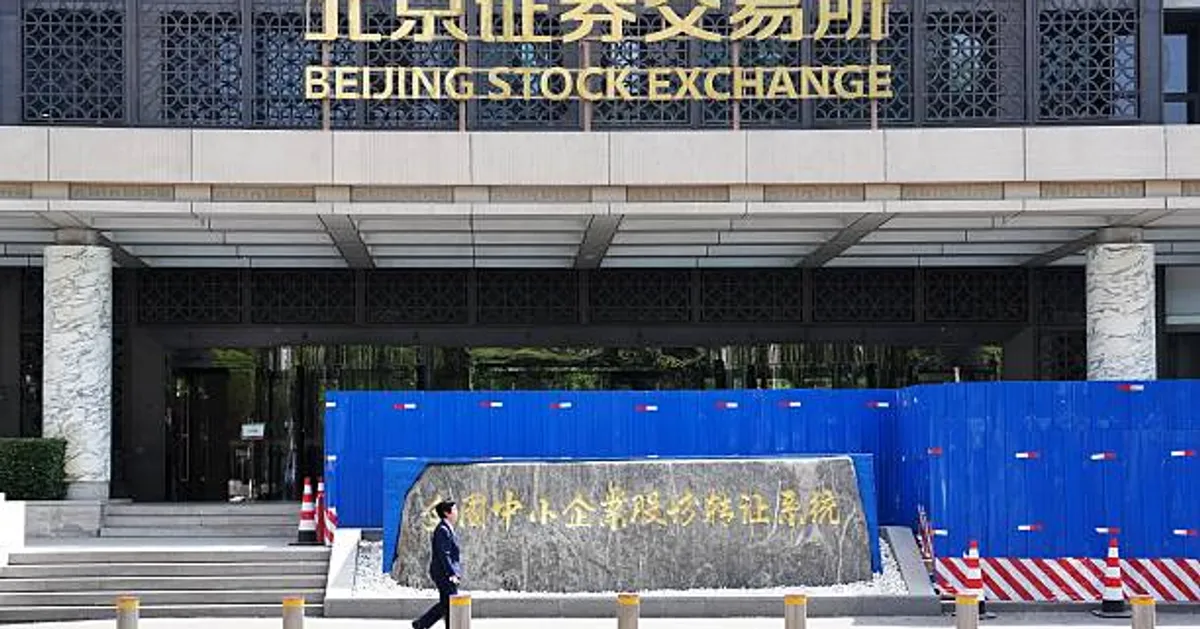
Revived U.S.–China Trade War Threatens to Push Chinese Stocks off Peak Levels

GeokHub
Contributing Writer
China’s stock markets appear poised for a downturn as renewed trade tensions with the United States shake investor confidence in a market that has recently hovered near decade highs. Analysts warn that the aggressive rhetoric and tariff threats from Washington may prompt profit-taking and increased volatility in key sectors.
The escalation began when U.S. President Donald Trump announced plans to impose 100 percent tariffs on Chinese exports, alongside fresh export controls on critical software—measures intended to counter Beijing’s rare earth export restrictions. In response, Chinese equity indices, especially those tied to technology, saw sharp declines: the Nasdaq China Index and the KraneShares CSI China Internet ETF both plunged by 6 percent and 7 percent respectively.
Though the selloff stung, many market watchers believe the impact will be less dramatic than the flare-ups seen earlier in the year. Some remain optimistic that Beijing will deploy stimulus and stabilizing measures, while others interpret Trump’s tariff threats as negotiating tactics designed to pressure China ahead of upcoming trade talks—potentially at events like the APEC summit.
Not all sectors face equal risk. Export-oriented industries—particularly electronics, consumer goods, and industrial machinery—are expected to bear the brunt of trade retaliation. In contrast, areas such as artificial intelligence, semiconductors, innovative drugs, robotics, and defense technology are viewed as possible beneficiaries, especially if China pivots policy to favor strategic and high-tech industries.
However, structural vulnerabilities in China’s economic and regulatory environment could magnify stress in financial markets. Slower domestic growth, tighter credit conditions, and property sector challenges already temper sentiment. A sudden capital outflow or weaker foreign investment could exacerbate downward pressure on valuations.
For now, investors are watching signals closely. Any hint of a diplomatic thaw or policy support from Beijing could stabilize the market. But amid the trade noise, China’s strong linkages to global supply chains mean volatility may remain elevated—and shares that have climbed high may now be in line for sharper corrections.




























